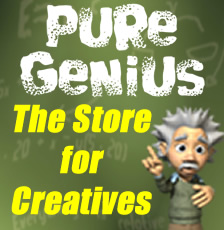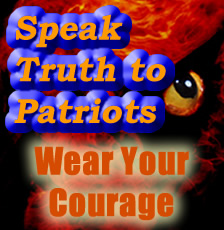‘Three Days of Terror: The Charlie Hebdo Attacks’ Debuts on HBO
(First published on blogcritics.org)
I have been moved, inspired, and touched by documentaries before. Three Days of Terror: The Charlie Hebdo Attacks is the first documentary ever to bring me to tears. The HBO documentary, which will premiere September 19, focuses on events surrounding the last attack by Al-Qaeda and the first attack inspired by ISIS in Europe.
 On January 7, 2015, two Paris born brothers, members of Al-Qaeda in Yemen, invaded the offices of the weekly humor magazine Charlie Hebdo, which nine years earlier had published a cartoon featuring the prophet Mohammed. The Jihadists murdered 11 people and injured 11 more, also killing a French police officer. During the two-day manhunt that ensued, the brothers and an accomplice killed another five people and wounded 11.
On January 7, 2015, two Paris born brothers, members of Al-Qaeda in Yemen, invaded the offices of the weekly humor magazine Charlie Hebdo, which nine years earlier had published a cartoon featuring the prophet Mohammed. The Jihadists murdered 11 people and injured 11 more, also killing a French police officer. During the two-day manhunt that ensued, the brothers and an accomplice killed another five people and wounded 11.
What sets this documentary by Emmy-nominated and BAFTA-winning producer-director Dan Reed apart is the depth of his interviews with survivors and the amount of real-time video that was available to tell the story. This is not a film where you feel you are looking back at a historical event. You feel that you are living it.
Not only was there video from news reports, police cameras and the now ubiquitous security cameras, there was another source close to the initial attack. A film production company was headquartered one story above the Charlie Hebdo offices. When people there realized what was going on and realized it wasn’t safe to try to go down the stairs, they fled to the roof, taking cameras with them. While hiding on top of the building, they recorded some of the most chilling footage I have ever seen.
At one point, while huddled on the roof, they heard a series of shots. A shot, then a pause. A shot, then a pause, repeated over and over. This was the sound of the Jihadists moving from person to person in the Charlie Hebdo office, executing members of the staff.

A French soldier waits for a chance to attack the Jihadists.
Also, Reed does not try to protect us from the reality of what occurred. News networks will, for reasons political or to “avoid offending sensitive viewers”, edit footage. We no longer see the images of people jumping from the World Trade Center towers or Ambassador Christopher Stephens being dragged through the streets of Benghazi. Reed is under no-such politically correct restrictions. We see shots fired and we see people fall and die.
The interviews between the visuals also are powerful. Reed interviewed police, military, witnesses and survivors.
A member of the film company that fled to the roof laments that in his dreams he sees himself rescuing people, but on the day of the attack he did nothing. Another person recalls how her friend Coco was about to leave to pick up her children from day-care. Coco did not make it down the stairs. She was taken by the Jihadists and did not survive.
A member of the Charlie Hebdo staff who survived by hiding behind a wall talks about seeing the unmoving bodies of his friends on the floor. A police officer recalls that as he bent over the dead bodies, cell phones were ringing in their pockets, doubtlessly calls from loved ones trying to find out if they were OK.
One of the most touching interviews is with the check-out clerk in the kosher grocery store where one of the Jihadists took hostages. Her observations on the death of a co-worker and a customer highlight the injustice of this conflict.

Rescuing hostages from the Kosher grocery store.
In several of the interviews the faces of the interviewees are covered. For police who may be involved in future undercover work, this is understandable. Others faces are covered, too. To preserve their privacy or because they are afraid of retaliation? We are not told.
The final comments in the film suggest an answer. Reed uses footage from one of the terrorists justifying the attack and from a high-ranking law enforcement official speaking about the thousands of potential terrorists they must track. Their message was the same. This is not over.
Three Days of Terror: The Charlie Hebdo Attacks debuts September 19 at 8 PM on HBO. Watch the trailer below.


